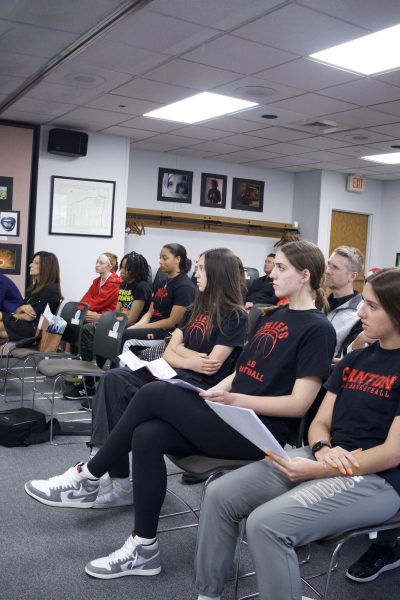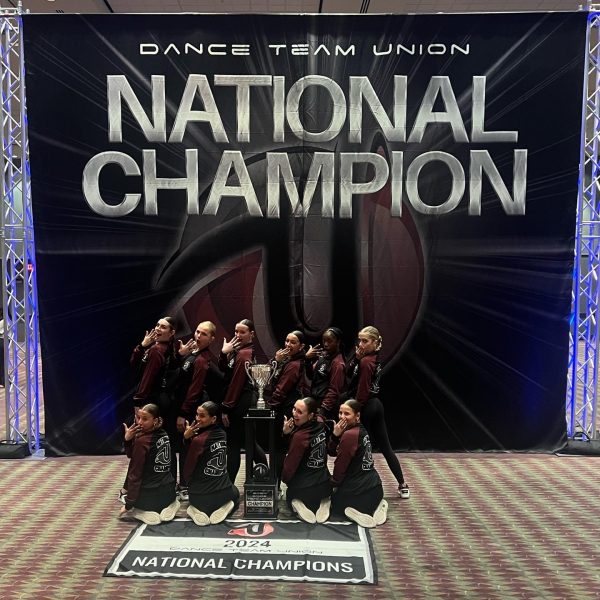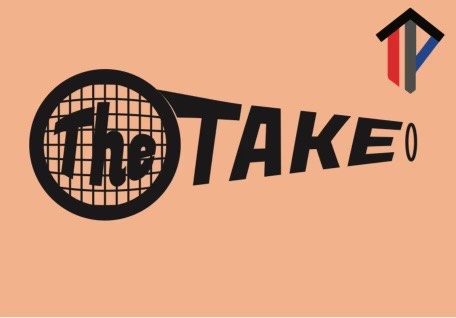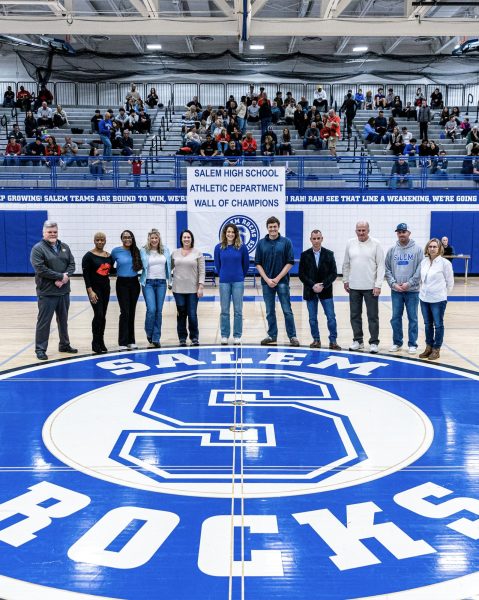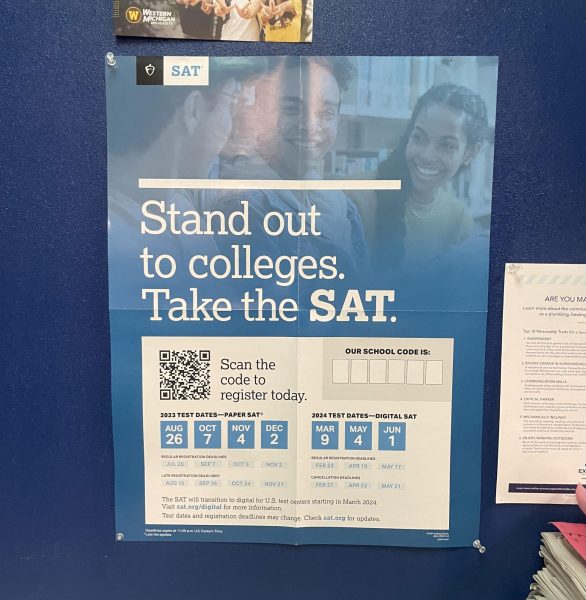Whose Schedule is it Anyway?
It’s that time of year again: it’s time to select classes for the next school year. Each student has their preferred method of approach, whether that be meticulously planning class schedules for all four years with no room for error or choosing the classes with the easiest course descriptions; however, every year, there are unfortunate students who get stuck with a schedule that will prove miserable for them the next school year. We’ve been planning our schedules according to what our parents think will benefit us or what college admissions might want to see or what our counselors think we have the potential for. We’ve forgotten to consider who this schedule is really for: it’s for ourselves.
College admission factors into many of our schedules. Plymouth-Canton is in an affluent, well-educated area where going to college in some shape or form has become an expectation rather than a goal for students. Students who show potential are often encouraged to take as many honors and AP level courses as they can because “that’s what colleges like to see.” What we see is students stressing themselves out over classes that prove to be a good challenge when classes are taken by themselves, but a complete train wreck when a student overloads on these “college worthy” classes. A balance of classes is neglected and it only ends up hurting the student in the end.
Let’s take rising sophomores (current freshmen) for example: generally, sophomores will take core classes consisting of American Literature, Biology, U.S. History and Geometry. While students will be placed in American Literature unless they test out, sophomores can elect to take Honors Biology and AP U.S. History if they choose to. Honors Geometry is also available, but there are also students who are a year or more ahead in the math curriculum; it is possible for a sophomore to take Honors Algebra 2 with Trig or even Honors Precalculus with Trig. A student could feasibly have three out of four core classes considered advanced, with little to no breathing room. This is not to say that there aren’t students out there who could handle this workload and persevere, but this course load is not the right option for everyone.
One of the draws of the Park is that it has a huge variety of classes to choose from; our program of studies includes 55 pages of all the classes that are offered; however, this trend of taking “challenging” classes or classes that are “actually worth something” takes students away from taking classes that broaden their perspective. Even classes that carry a record of challenging coursework are under attack. This year, counselors released a newsletter concerning course selection. In a note for juniors and seniors about selecting English classes, it said regarding Honors Debate: “We have learned in recent years that U of M and MSU (and other colleges) have particular feelings about using our speech classes as your writing class during your junior and senior years. If you plan on taking Honors Debate as your writing and your speech course, you should strongly consider taking a traditional writing course and having Honors Debate be an elective course.”
While this may be excellent advice for students who dream of attending U of M or MSU, it may discourage students from taking a class that would show how to properly form an argument and defend it well.
While preparing students for college is a good goal for a school to reach, the Park neglects to acknowledge that not all students who graduate from here will attend college. Some students are trying to prepare to go into the workforce. We have classes that will prepare students to go directly into the workforce, such as the Automotive Technology classes that can repair cars for customers. Why is this pushed to the side while classes where perfecting essay writing for university level classes is pushed to the forefront?
Ultimately, when choosing a schedule, students need to remember to put their needs first. If a student feels up to the challenge of taking multiple advanced courses, he/she should pursue taking that challenge; however, if a student is not confident in their skill level in another subject, he/she should not feel obligated to take a class he/she is not ready for.
Don’t forget to take classes that interest are intresting; high school is supposed to help students figure out a plan for life. There is no cookie cutter plan for life; your schedule does not have to fit a cookie cutter model.
Your donation will support the student journalists of Salem High School - MI. Your contribution will allow us to purchase equipment and cover our annual website hosting costs.
Hannah Saad serves as the Editor-in-Chief for The Perspective. In addition to the newspaper, she also works on the P-CEP yearbook, Trinity, and is a part...


